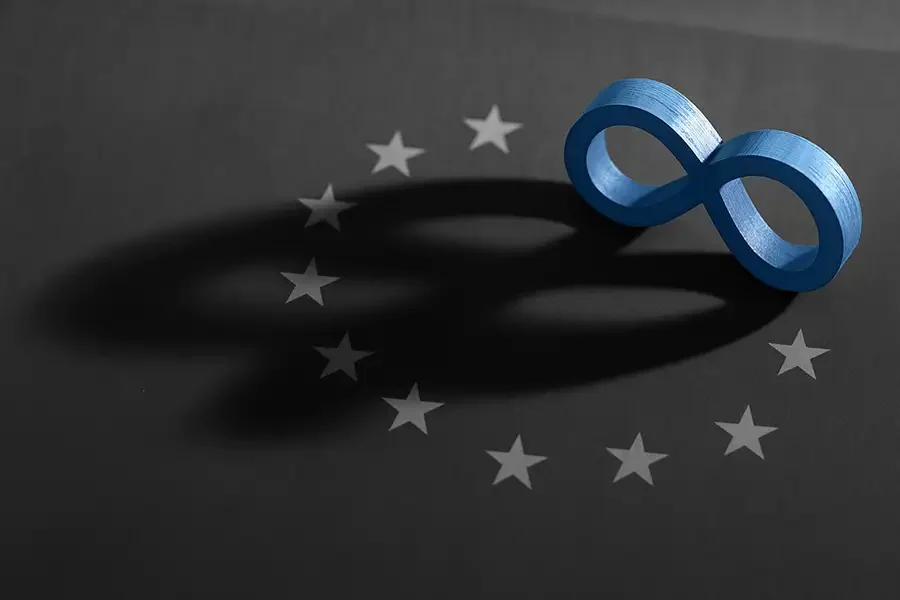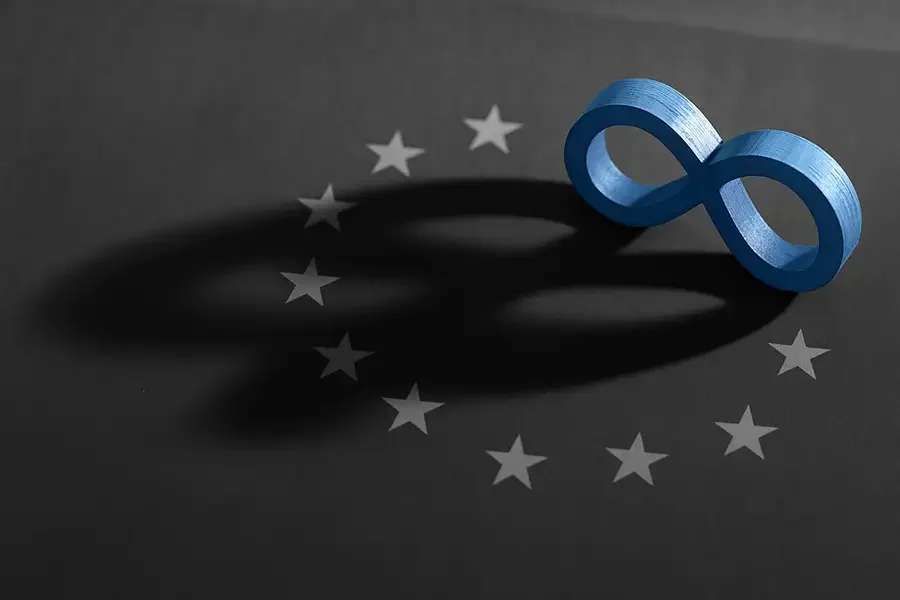Key takeaways:
- The European Union is expected to issue decisions in the coming weeks on whether tech giants Apple and Meta have breached the landmark Digital Markets Act (DMA).
- The decisions could result in fines for the companies, potentially up to 10% of their global revenue, for non-compliance with the DMA’s rules aimed at curbing big tech’s market power.
- While significant fines are possible, the EU’s focus is on ensuring compliance with the new digital regulations rather than punitive measures.
Introduction
Tech investors and the broader market are closely watching as the European Union prepares to issue decisions on potential violations of its Digital Markets Act (DMA) by Apple and Meta (Facebook’s parent company). The decisions, expected in the coming weeks according to EU Competition Chief Teresa Ribera, could result in substantial fines for the tech giants if they are found to have breached the landmark rules aimed at curbing their market power.
Detailed Analysis
The Digital Markets Act, which took full effect in 2024, sets out a stringent set of operational guidelines for large online platforms, prohibiting practices that unfairly disadvantage competitors and limit consumer choice. 1 Both Apple and Meta are widely anticipated to face charges of non-compliance from the European Commission.
While the potential fines could be significant – companies can be fined up to 10% of their global revenue for initial violations and up to 20% for repeated offenses 2 – top EU officials have signaled that the priority is achieving compliance rather than levying massive penalties. Olivier Guersent, Director General of the EU’s competition arm, stressed in a recent speech that “the rationale for the DMA is compliance, not punishment,” adding that fines “cannot be reiterated” given the law’s recent implementation. 3
Nevertheless, the upcoming decisions mark a pivotal moment in the EU’s efforts to rein in big tech’s dominance and promote greater competition in the digital marketplace. “If we do not see willingness to cooperate, we will not shy away from imposing the fines identified by the law,” Ribera warned in remarks to the European Parliament. 4
“Decisions could be adopted in the coming weeks,” she told lawmakers when asked about the timing of potential rulings against Apple and Meta.
For investors, the imminent prospect of DMA enforcement action underscores the mounting regulatory pressures facing U.S. tech behemoths in Europe and other key markets. While potential fines may have only a modest immediate financial impact, companies could face far-reaching operational changes and constraints on business models if compelled to fully adhere to the DMA’s provisions.
Conclusion
As the EU prepares the ground for its first major sanctions under the Digital Markets Act, the tech sector is bracing for a new era of heightened regulatory scrutiny and limitations on long-established practices. While significant financial penalties loom, the overarching objective appears to be fostering greater competition by compelling dominant platforms like Apple’s App Store and Meta’s suite of services to grant rivals fairer access to the digital ecosystem.
The decisions, when issued, are likely to reverberate well beyond Europe’s borders, potentially influencing regulatory approaches in other jurisdictions and reshaping the competitive landscape in the dynamic tech sector. With its DMA enforcement thrust, the EU is asserting itself as a pioneering force in the global effort to curb big tech’s power and privileges.
References
1 Author Unknown (March 28, 2025). “EU set to fine Apple and Meta amid escalating trade war”. Politico Pro. Retrieved April 8, 2025.
2 Foo Yun Chee (April 8, 2025). “EU decisions on Apple, Meta due in coming weeks, antitrust chief says”. Reuters. Retrieved April 8, 2025.
3 Francesca Micheletti and Jacob Parry (April 8, 2025). “Top EU official downplays expectations over Apple, Meta digital fines”. Politico. Retrieved April 8, 2025.
4 Foo Yun Chee (April 8, 2025). “EU decisions on Apple, Meta due in coming weeks, antitrust chief says”. Reuters. Retrieved April 8, 2025.







